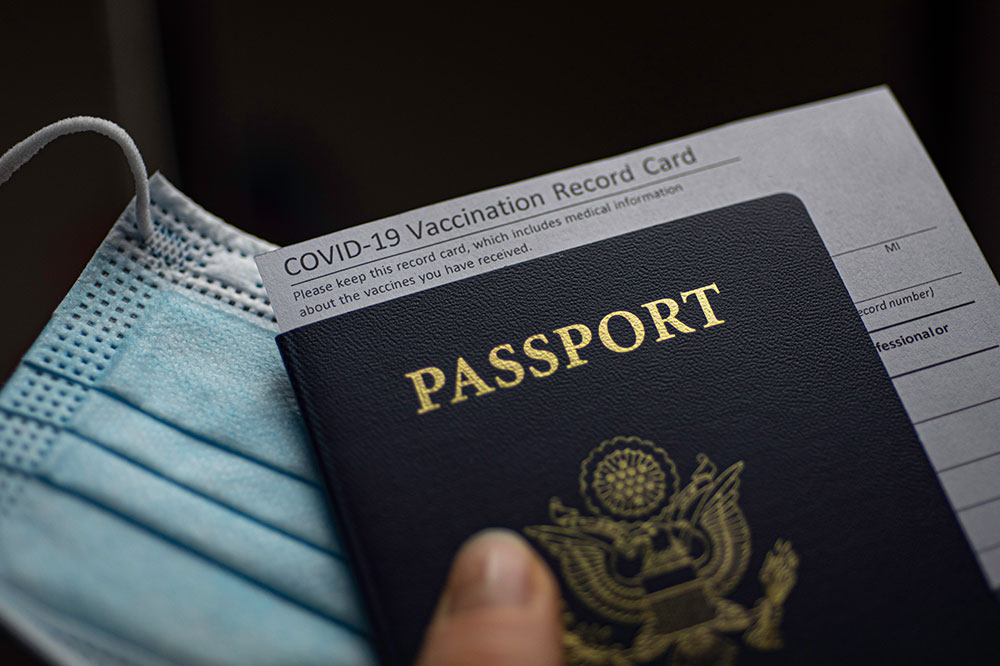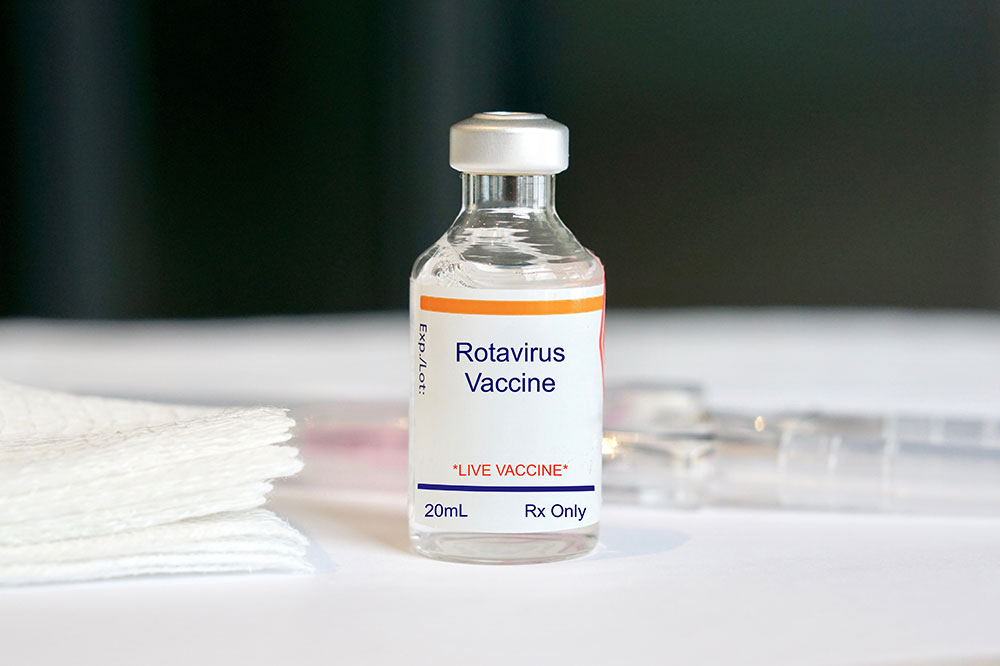COVID-19 Vaccine Passports: Key Insights and Updates
Explore the essentials of COVID-19 vaccine passports, including their purpose, how they work, development efforts by major organizations, and current travel requirements. Stay informed about global updates on health certifications amid evolving pandemic guidelines.

COVID-19 Vaccine Passports: Essential Facts
The COVID-19 pandemic has significantly affected global mobility and travel industries. As vaccination efforts expand worldwide, borders are gradually reopening, aided by the introduction of vaccine passports—either digital or physical documents confirming vaccination or recent negative test results. Below are important facts about these certificates.
What are vaccine passports?
They are certificates showing that an individual is vaccinated against COVID-19 or has recently tested negative, facilitating smoother travel and access to various venues.
This documentation helps travelers avoid quarantine and testing mandates. The concept of health passports dates back decades, with nations requiring vaccinations against illnesses such as yellow fever or tuberculosis. COVID-19 vaccine passports enable movement both domestically and internationally, and grant entry to restaurants, gyms, cinemas, and events.
How do vaccine passports work?
Typically, they are digital certificates accessed via mobile apps, showing vaccination status and recent tests for quick verification. Printed versions are also available for convenience.
The apps display vital health data, including vaccination proof and recent test results. Several solutions are under development to meet the needs of U.S. travelers.
Who develops these passports?
Organizations like the International Air Transport Association (IATA) are creating apps such as Travel Pass, which allows users to upload vaccination proof. Major airlines including Qantas, Singapore Airlines, and Qatar Airways are testing this system. IBM’s Digital Health Pass is designed to verify health credentials for workplaces and public venues, while the app Clear collaborates with The Commons Project Foundation to facilitate rapid access at airports and venues through Health Pass.
Are vaccine passports necessary for travel?
Currently, the World Health Organization (WHO) states that international travel does not universally require vaccination certificates. Concerns about vaccine effectiveness in preventing transmission and issues of global vaccine equity influence this approach. Countries vary in accepting digital health certificates; some have implemented their own systems.
For example, Israel's “green passport” grants entry to events and venues for vaccinated individuals. Denmark is working on a vaccination travel pass, and New York’s Excelsior Pass permits vaccinated residents access to entertainment venues and gatherings.
Note:
Our articles aim to provide comprehensive information but should not replace official guidance. Data may change over time, and readers should verify details independently before making travel or health decisions.


